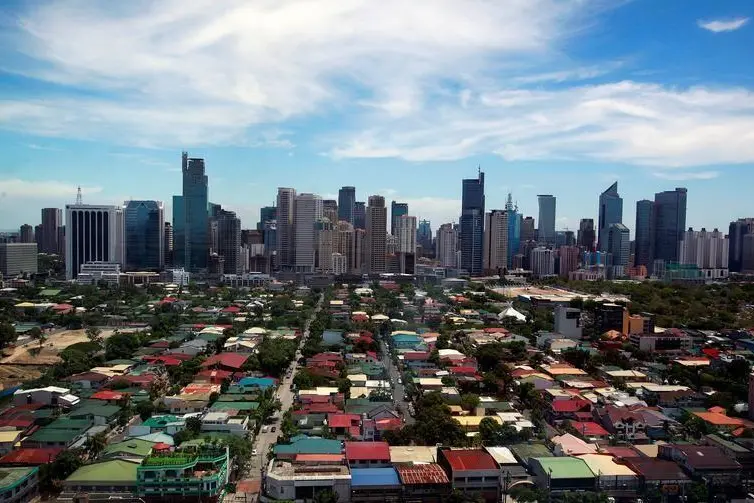PHOTO
The Philippines may incur a smaller current account deficit this year on the back of a brighter outlook for the global economy, according to BMI Country Risk and Industry Research.
In an analysis, the unit of Fitch Solutions said it lowered its 2024 current account deficit forecast for the Philippines to 2.3 percent of gross domestic product (GDP) from the previous target of 2.8 percent.
The revised forecast is above the one percent projection given by the Bangko Sentral ng Pilipinas (BSP) earlier this month. It is also narrower than the 2.6 percent recorded in 2023.
'A more optimistic global outlook was the main reason behind this revision,' BMI said. 'We initially anticipated a more significant downturn in worldwide demand.'
The research firm said the global economy has proven to be more resilient than initially expected, prompting them to raise their global GDP growth forecast to 2.4 percent this year from 2.1 percent previously.
However, BMI said external demand may weaken in the second half as major trading partners face domestic economic headwinds of their own.
'For instance, we believe that growth in mainland China has reached its peak and will diminish in the following quarters,' it said. 'The strong start to the year for the US economy is also expected to succumb to the pressures of tight monetary policy and a less supportive fiscal backdrop.'
Japan, Hong Kong and Singapore may also slow down in the latter half of the year. Together, these economies account for about 73 percent of total Philippine exports, BMI said.
The surge in Philippine tourism revenue is also expected to taper off in the coming quarters amid lagging pick-up in international arrivals.
'International visitors are still 40 percent lower than prior to the pandemic even though revenues have already exceeded pre-pandemic levels,' BMI said.
'We have determined that this increase is due to a temporary change in spending patterns, driven by a backlog of travel demand after the pandemic. However, we anticipate that this uptick will eventually diminish,' it said.
Foreign direct investments (FDI) are also seen to remain subdued this year despite the government reforms implemented in previous years.
'The prevailing environment of high interest rates will keep a lid on investment activity for now,' the research unit said.
FDI inflow averaged $2.97 billion in the first quarter, 42 percent higher than the $2.09 billion seen in the comparable period a year ago. This was after FDI grew by 23 percent to $686 million in March.
'With the US Federal Reserve only starting to ease monetary policy in September, and other major central banks expected to follow suit, the effects of the rate cuts are not likely to be fully realized within this year. A clearer picture will appear once the lagged impact of monetary loosening feeds through,' it said.
In a separate report, BMI said it expects the BSP to keep the key interest rate on hold at 6.5 percent today. The central bank will also be in no hurry to cut rates until price pressures have eased.
'A high level of household debt remains a risk to our consumer outlook, as it not only constraints future borrowing capacity but impacts current disposable income levels,' it said.
However, loan quality is improving in the Philippines, as non-performing loans remained stable. Thus, BMI holds a positive consumer spending outlook for the Philippines, with an acceleration in household spending growth to 6.4 percent in 2024 from 5.1 percent in 2023.
'Easing inflation and a tight labor market will support spending, as real wage growth returns to positive territory, which will support purchasing power over the year,' it added.
Copyright © 2022 PhilSTAR Daily, Inc Provided by SyndiGate Media Inc. (Syndigate.info).





















